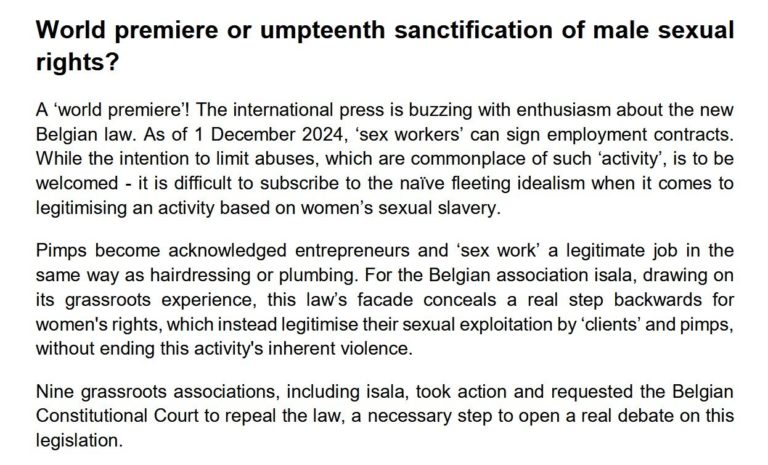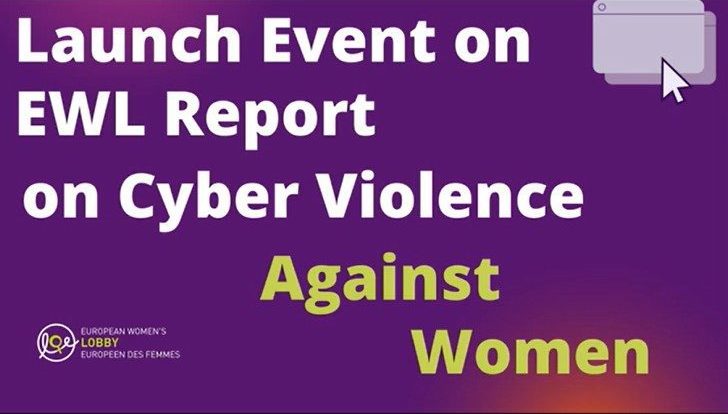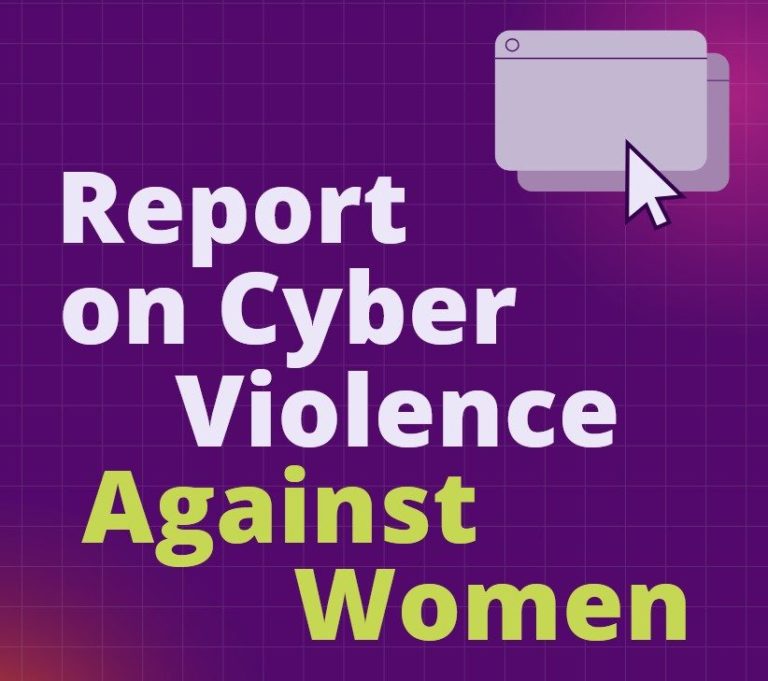In 2021, the EWL marks the 10th anniversary of the adoption of the Council of Europe Convention on Preventing and Combating violence against women and domestic violence, the Istanbul Convention: the first legally binding treaty, and the most comprehensive to date in Europe, that provides a holistic approach to address violence against women and girls. Since the Convention was created, the EWL and its member organisations have actively been raising awareness about the Convention, advocating for its ratification and monitoring its implementation at national and EU level.
The EWL has the pleasure to present this report, which builds on the evidence gathered by the EWL Observatory on Violence against Women, consisting of women’s rights organisations across Europe working to eliminate male violence against women and girls. Developed between 2019 and 2020, this report takes stock of the implementation of the Istanbul Convention in countries that have ratified it, assessing information gathered from 31 state parties to the Convention and two European-wide EWL member organisations,3 and identifying additional forms of violence against women and girls in which the Convention can and should be applied.
This report recognises the significant achievements accomplished in just ten years and the key milestones made towards eliminating violence against women and girls across Europe. It also assesses the deeply-rooted structural issues preventing the elimination of violence against women and girls. It is a call for state parties and non-state parties of the Convention, particularly those in the European Union (EU), to promptly see through its full ratification and implementation, by transposing the Convention’s provisions into concrete measures. It also serves as an invitation to relevant authorities, civil society organisations, educators and campaigners to use the
findings of this report for their own advocacy.
This report is divided across four sections, looking at where we are now, and the steps required towards eliminating the full continuum of male violence against women and girls. The first section assesses the state of play of the Istanbul Convention, looking in particular at the positive changes in European Countries which have ratified the Istanbul Convention. The second sections delves into the need to adopt a gender-sensitive approach to effectively implement policies that promote equality between women and men. The third section focuses on realising the full potential of the Istanbul Convention through the adoption of an intersectional framework to address in particular the situation of women with disabilities and of migrant or undocumented women and girls. In the fourth section, the EWL calls for the development of a comprehensive legal and policy
framework that addresses the full continuum of violence against women and girls at the national and EU level, including violence in the online space, prostitution, and reproductive and obstetric violence.
On the basis of these different aspects, the EWL then provides its recommendations.
Our recommendations build on two key calls to the EU and its Member States to holistically address the continuum of male violence against women and girls, and systemically tackle its root causes:
- Immediately accede to/ratify the Istanbul Convention and ensure its full implementation without any reservations.
- Adopt a comprehensive legislative and policy framework on preventing and combating all forms of violence against women and girls, including sexual exploitation and online violence, at national and EU level.
At a time where countries are rebuilding from the COVID-19 pandemic and addressing the surge of male violence against women and girls, systemic transformative change is needed to ensure equality between women and men is a lived reality at all levels. Through such concerted action, solidarity and political commitment can the EU and its Member States achieve the vision of a Feminist Europe where all women and girls can truly live free from all forms of violence.


